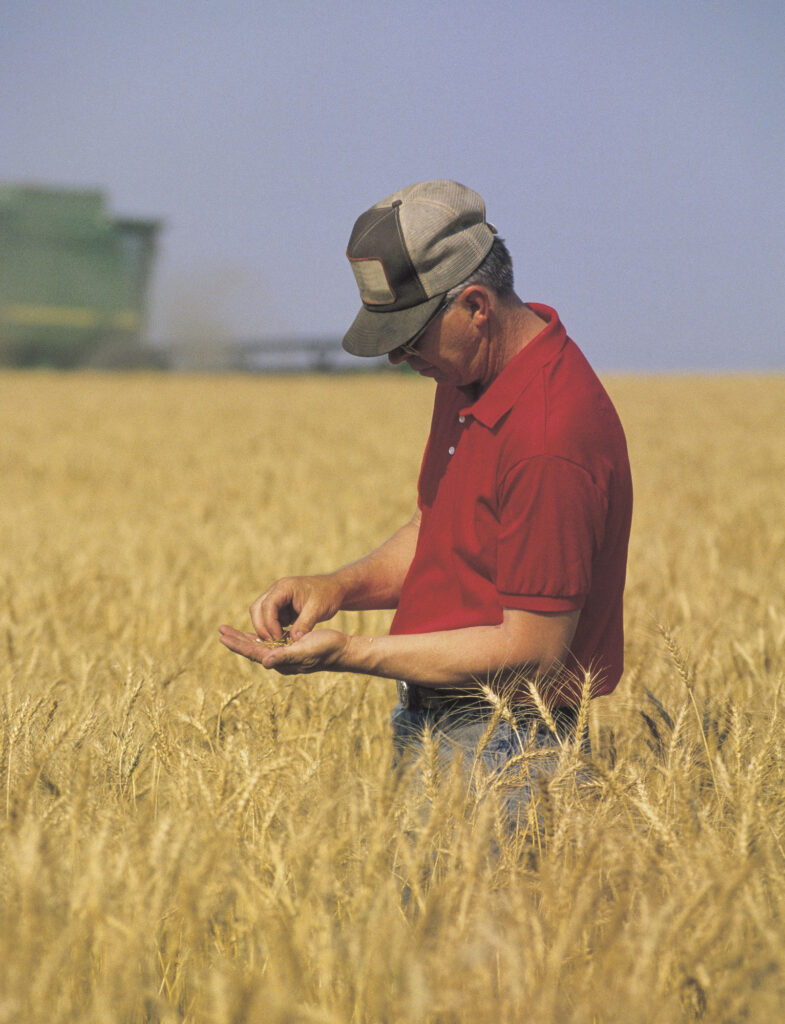Farming is more than just a job—it’s a way of life. For generations, farmers have worked long hours, often battling unpredictable weather, fluctuating markets, and heavy financial burdens. While the physical demands of farming are widely recognized, the mental and emotional toll it takes is often overlooked. In farming communities, where self-reliance and resilience are valued, discussing mental health can sometimes feel challenging. However, raising awareness and providing support for mental well-being is essential for the health of both farmers and their families.
The Pressures of Farming Life
Farmers face unique stressors that can significantly impact their mental health. Uncertain income, rising costs, and the pressure to keep family farms afloat can create immense anxiety. Long hours of physically demanding work, combined with isolation from social connections, can lead to feelings of loneliness and exhaustion. Additionally, unpredictable challenges such as droughts, floods, or livestock disease outbreaks add further strain. These persistent stressors can contribute to depression, anxiety, and even suicidal thoughts.
Breaking the Stigma
Despite these challenges, mental health is rarely discussed in farming communities. Many farmers feel that seeking help is a sign of weakness or that they should be able to handle their problems on their own. This stigma prevents many individuals from reaching out for the support they need. However, mental health is just as important as physical health. Just as a farmer wouldn’t ignore a broken tractor or an injured hand, they shouldn’t ignore emotional struggles.
To break the stigma, open conversations about mental health need to happen within farming families, local organizations, and rural communities. When individuals share their struggles, it encourages others to do the same, helping to normalize the idea that seeking help is both necessary and courageous.


The Role of Community Support
One of the strongest assets of farming communities is their close-knit nature. Friends, family, and neighbors can play a crucial role in providing emotional support. Checking in on one another, recognizing signs of distress, and offering a listening ear can make a significant difference. Community events, support groups, and local initiatives can also provide safe spaces for farmers to connect and share their experiences.
Agricultural organizations, extension services, and mental health professionals are beginning to recognize the need for increased mental health resources tailored to farmers. Hotlines, telehealth services, and workshops are becoming more available to provide assistance when needed. Encouraging farmers to access these resources can be life-changing.
Moving Forward
The mental health of our farming community is vital not only for individual well-being but also for the sustainability of agriculture itself. Raising awareness, breaking down stigma, and offering practical resources can help ensure that farmers receive the support they deserve. By fostering a culture of openness and support, we can create healthier, more resilient farming communities for future generations.
If you or someone you know is struggling, don’t hesitate to reach out for help. Support is available, and no one should have to face these challenges alone.
By Josh Carlson, Licensed Clinical Social Worker
